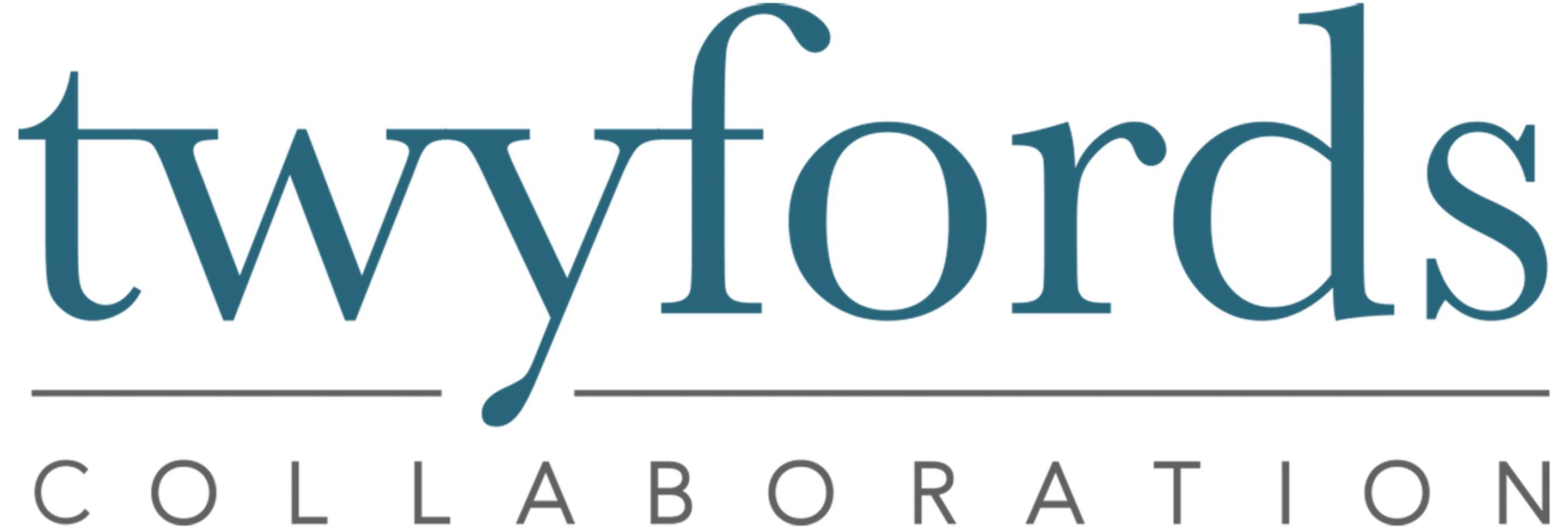As I listen to people learning to collaborate, some of their difficulties seem to emerge from their ideas about what collaboration is and how and when it is used. I heard two people recently experience ‘light bulb moments’. One suddenly realised that working collaboratively to tackle a complex problem is qualitatively different from project management. Another realised that working collaboratively is not the same as negotiating to get the best terms in a zero sum game. These light bulb moments seemed worth exploring further.
Project management
Project management is described as the practice of initiating, planning, executing, co-ordinating and controlling the work of a team to achieve specific goals and meet specific success criteria at a specified time.
It is a highly efficient practice when bringing together a team who, between them, have all the knowledge and skill necessary to achieve project goals within the time frame.
It is NOT effective when the problem to be solved is complex and there is little agreement about the scope or focus of the problem, or any shared understanding of how to work together. In complex situations many people know something about the problem but no-one knows everything, while the way forward is uncertain and the outcome unknowable at the start. This uncertainty requires both collaborative leadership and collaborative skill, including the ability to say “I don’t know”, to demonstrate vulnerability, to work with uncertainty and to be willing to experiment, trying new ways of working and constantly checking together on what the team is learning together.
These are different ways of thinking and behaving from those needed by a project manager.
Negotiation
Negotiation is described as a bargaining process between two or more parties, each with its own aims, needs and perspectives, who seek to reach an agreement or resolve a conflict.
Negotiating is useful at times of conflict, when the aims of parties have been established and are in direct opposition. When negotiating people believe if they are to get what they want, the other party has to give up some part of what they want. So the focus of a negotiation is about trade-offs … what each party is prepared to give up in order to get something they want. Hence a good negotiation for one party often means a bad one for the other and can lead to resentment and damaged relationships. The intent of a negotiation is about getting the best for ME.
Negotiation is NOT effective in building the essential relationships that support complex problem solving. People tackling a complex problem need to understand and respect each other’s perspectives, define the dilemma together and recognise that it is something they cannot solve alone. Learning about the whole system in which the complex dilemma is a part is also important. A different set of skills is required which includes curiosity, questioning, listening and reflecting. Collaboration is about finding solutions that are best for US and the whole system affected by the dilemma.
This requires different ways of thinking and behaving from those of good negotiators.
I’m going to think about the other things that collaboration is NOT, so perhaps it becomes clearer what it IS.
